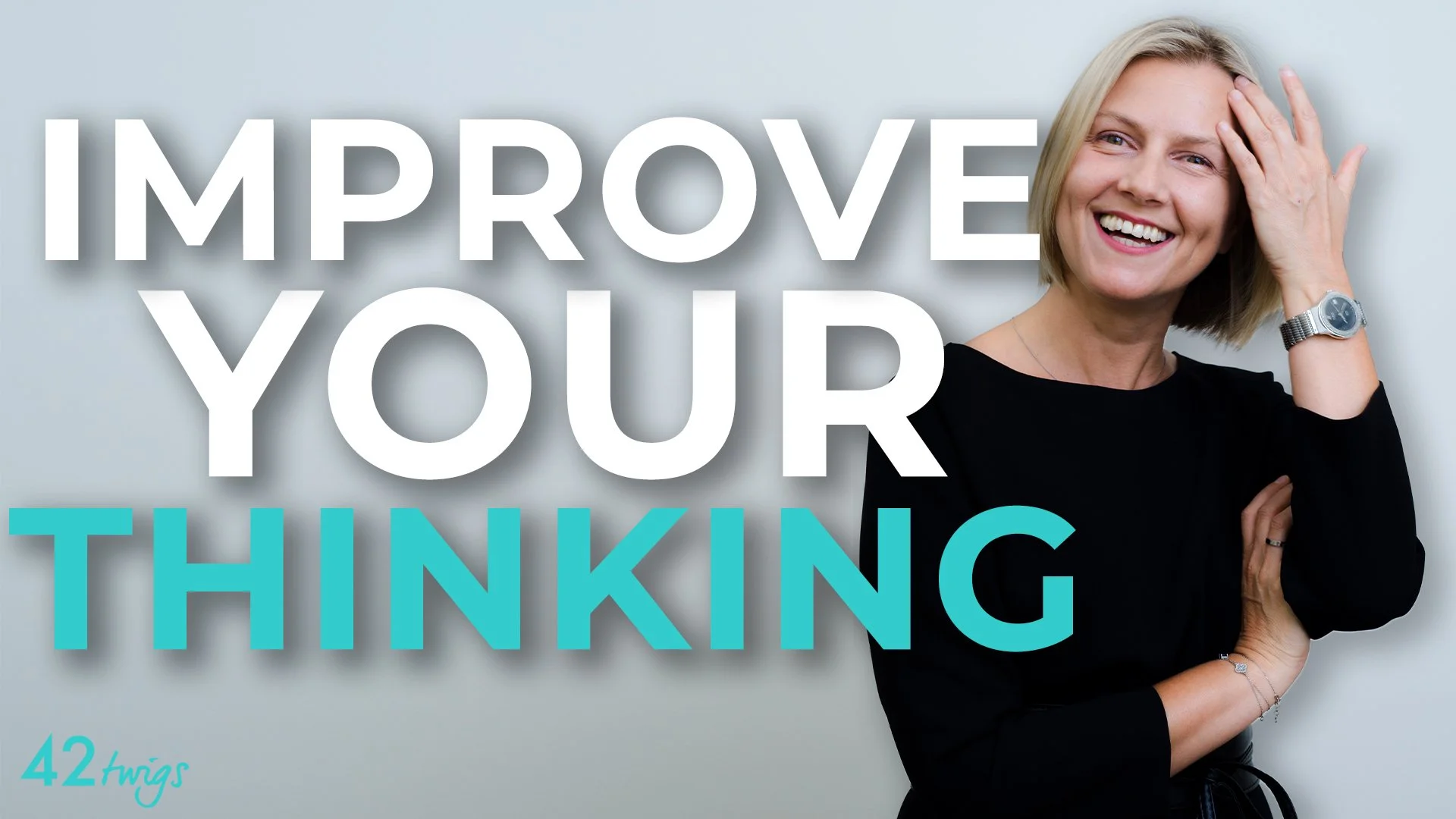Do you want to think more effectively? Create more cognitive surplus in your day.
Great leaders cultivate great thinking.
What many leaders often forget, though, is that great thinking requires a significant amount of cognitive surplus.
The more cognitive surplus you have, the more effective and creative your thinking will be.
Watch the video below to learn how I create a cognitive surplus in my life or scroll down for the article if you’d rather read.
I know it sounds a bit complicated, but bear with me, and you will be able to move your thinking and your leadership to the next level very fast.
Let's start with a straightforward definition. Cognitive surplus is simply the space and time for great thinking. The higher level you are, the more thinking vs. doing your job will require. You move away from execution towards strategy. So the better you think, the better you can strategize, organize the assets around, and leverage them.
The challenge is that you need the cognitive surplus to strategize, organize assets and leverage them, to create the cognitive surplus.
A bit of a pickle, isn't it.
But as always, small steps and you will get there.
So, what can you do to create some of the cognitive surplus?
You guessed it. First, you need to lower the cognitive load to free some of your working memory.
What might bring you the fastest results is scheduling everything around clear goals.
The more precisely you define your goals for the day and week, the less attention is required to execute them.
Another easy way to reduce cognitive load is automating decisions you take routinely.
A great example that probably already popped into your mind is Steve Jobs and his choice of clothes.
Suppose you decide on a specific set of clothes.
So you don't waste energy every morning on picking what to wear and if it all fits together.
To 90%, I have already applied this in my life.
If you look in my closet, most of the pieces look nearly the same or are the same.
Some friends make fun of me because of that :-)
Also, if I order dinner, I re-order the same menu from a handful of restaurants I picked 2 years ago.
And , If I book a flight ticket, I only check Qatar Airways direct flights during the day.
I stick to these decisions and it saves me hours and hours.
Learn more about cognitive load lowering strategies from this video on .
The second strategy you definitely have to employ:
Do less, lead more
Moving away from execution is very often quite challenging. It means you need to find ways to delegate all doing to others, and it is not easy to find people who do stuff as good as you do, right?
I hear you, and still, you will really need to do that.
Remove your fingers from every activity you should not do.
Let others do their job.
Sidenote: If you need to improve your feedback skills, check the video recommendation about effective feedback.
You might need to revisit the assessment of your high-value activities occasionally not to be tempted. If you're not sure, just delegate the task.
Believe me, your time is spent better on effective thinking.
When you have managed to create some space and time for it you will be able to creatively look at the business processes and activities, and find more opportunities for leverage.
Start tracking your managerial leverage already now, and you will be surprised how fast the cognitive surplus brings exponential effects.
If you need some help with getting more clarity around it, just reach out.
In one of the upcoming videos I will tell you how to use some of the cognitive surplus for non-time, so watch this space.
